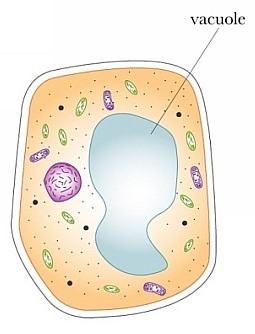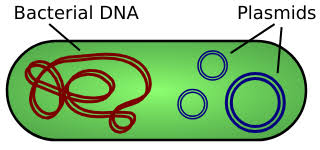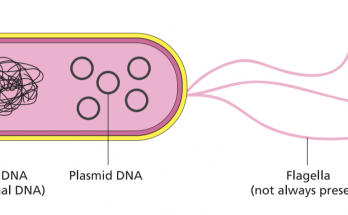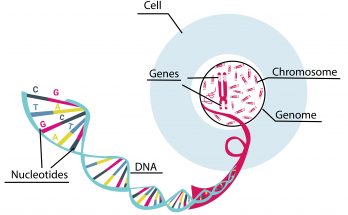What is a Vacuole in the Cell?
Vacuoles are clear spaces with water or other substances in solution.
Plant cells have larger vacuoles, while the animal cells have smaller ones.
Vacuoles are covered by a covering called tonoplast.
10 Important Vacuoles Functions
- Many substances which are important for the life of the cell are stored in vacuoles for example Organic compounds, foods, water , nutrients, ions, waste products, plant pigments and salts
- Vacuoles also removes toxic substances from the cell.
- In Amoeba, consumed food items are stored in food Vacuoles.
- In plants the Vacuoles store and release Chemicals that are poisonous or taste bad to deter Predator from consuming the plant Predator from consuming the plant.
- Vacuoles provides turgidity and rigidity to the cell by maintaining osmotic pressure.
- Vacuoles maintains the shape of the cell.
- Vacuoles maintains the balance of water in the cell.
- In a plant cell Vacuoles provides structure and support for the growing plant.
- Vacuoles store waste products and that’s how the cell is protected from contamination. Plays an important role in waste disposal.
- Vacuoles also helps in the floating of bacterial cells.




8 Comments on “10 Important Vacuoles Functions”